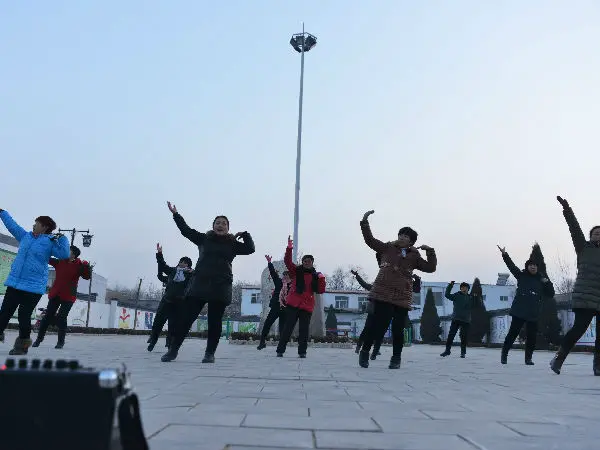Nanjing University of Chinese Medicine is cooperating with foreign institutions and training students to share traditional Chinese medicine-one of the world's most ancient therapies-with the world.
According to university president Hu Gang, more than 26,000 foreign students from about 90 countries and regions have majored and trained in traditional Chinese medicine since 1957.
"We have established traditional Chinese medicine centers in countries such as Australia, Switzerland and France," says Hu. "It has gradually changed local people's opinion about TCM and more people are willing to accept it."
Li Ying, a doctor from Nanjing University of Chinese Medicine, poses with her patient and her child in Switzerland. She treated the previously infertile woman with acupuncture for a year.
Huang Guicheng, vice-president of the university, says that more than 10 countries have legally recognized TCM and more foreigners now use TCM.
"We have cooperated with a German medical center for 18 years," he says.
"Local people visit the center and seek TCM treatments."
He says TCM also can treat post-traumatic stress, which may lead to mental illness and insomnia.
A local doctor, who received TCM training at the Nanjing university in 2008, gave the refugee children in Munich the medicine that they later called "magical tea".
"Many foreign hospitals even use acupuncture in surgeries," he says.
Huang says that TCM is popular due to its effectiveness and minimal side effects.
"We have received invitations from many foreign institutions to co-found TCM research centers in their countries," says Huang.
In March, the university signed a memorandum of understanding with Royal Melbourne Institute of Technology University in Australia to boost cooperation on TCM.
"The signing of the memorandum ... provides both Chinese and Australian people an opportunity to share the benefits of Chinese medicine," Hu says.
Liu Nongyu, a professor with the university, worked in Mexico for two years and Hong Kong for 10 years.
He helped to develop the School of Chinese Medicine in the University of Hong Kong, where he gave acupuncture lessons.
"Many local people lacked knowledge about traditional Chinese medicine when Hong Kong returned to China in 1997. But after 20 years of development, most public hospitals in Hong Kong now have specialized TCM departments," Liu says.
Founded in 1954, Nanjing University of Chinese Medicine has been renowned as "the cradle of China's higher education in traditional Chinese medicine".
It trained the first batch of modern teachers, compiled the first edition of textbooks, and helped cultivate the earliest academicians in TCM, after the founding of New China.
It is also one of the first Chinese medicine institutions authorized by the Ministry of Education to enroll international students, where they learn acupuncture, Chinese herbal medicine, cupping therapy and classical prescription.
Now, many professors and teachers from the university are working as visiting professors in universities and Confucius Institutes overseas to spread TCM.
However, Hu says that many difficulties need to be resolved to better spread TCM, including overcoming language barriers and improving textbooks.
"We don't have too many teachers who can give lessons in English. So, we are cooperating with institutions in Hong Kong and Taiwan, where bilingual professionals are easier to find, to resolve the language problem."
(CHINA DAILY)
 简体中文
简体中文

